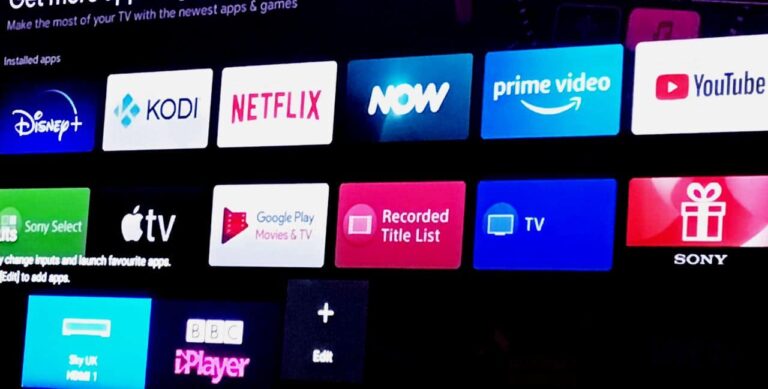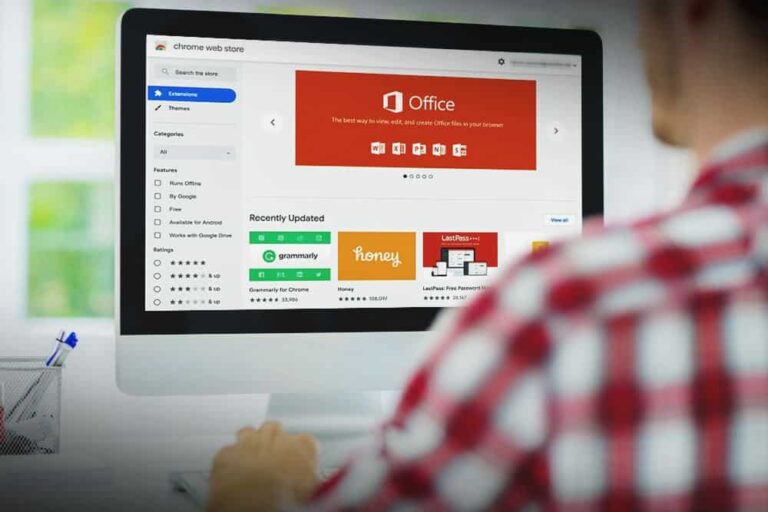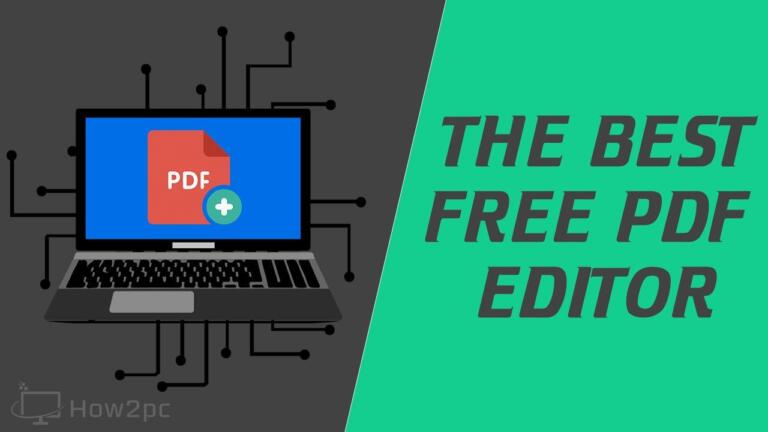Have you ever been fascinated by a high-achieving peer who seems to manage their time effortlessly, acing every class while still finding time for extracurricular activities and socializing? One of the secrets to their success is likely student productivity – a blend of effective time management, focused study, and consistent effort that yields impressive academic outcomes.
In today’s digital age, students are no longer reliant on traditional methods like wall calendars, physical libraries, or even the typical write my research papers late-night marathon. With the advent of mobile and web apps designed specifically for learning and productivity, students have an arsenal of tools at their fingertips to optimize their academic performance. But before we delve into that, let’s pause and ask: why are we not just asking someone to pay for an essay instead? Well, that’s because education is not about getting things done; it’s about understanding, learning, and growth.
Importance of Apps in Modern Education
In recent years, educational apps have emerged as a critical component of the modern learning environment. These digital tools provide interactive and personalized learning experiences catering to individual student needs and preferences. They allow for immediate feedback, helping students to understand their strengths and weaknesses and adjust their learning strategies accordingly.
Numerous studies and surveys reveal a steep increase in the usage of educational apps among students. It’s no surprise, given the current digital landscape, that apps have become a popular tool for enhancing learning experiences and boosting productivity.
Different Categories of Productivity Apps
When we talk about productivity apps for students, it’s important to note that these come in various categories, each with its distinct function and benefits:
- Time Management Apps
- Note-taking Apps
- Apps for Reading and Research
- Collaboration and Communication Apps
- Flashcard and Revision Apps
- Stress Management and Focus Apps
Time Management Apps
Time management apps like Forest and Google Calendar assist students in planning their day, tracking time spent on tasks, and maintaining focus on their goals. Forest encourages users to stay off their phones and focus on their tasks, while Google Calendar helps organize schedules seamlessly.
Note-taking Apps
Note-taking apps like Evernote and Notion are perfect examples of note-taking apps. They allow students to jot down notes, create to-do lists, and even attach files. These features ensure everything you need is in one place, making it easier to manage coursework and projects.
Apps for Reading and Research
Apps for reading and researching like Google Scholar and JSTOR provide easy access to a wealth of academic sources, helping to streamline the research process. These resources offer a breadth of information to enhance the quality of your assignments.
Collaboration and Communication Apps
For group projects and team-based activities, apps like Slack and Microsoft Teams facilitate effective communication and collaboration. Just like a professional essay writer working with a team to produce quality work, these apps allow students to work together seamlessly, even from a distance.
Flashcard and Revision Apps
When it comes to revision, Quizlet and Anki are fan favorites. These apps leverage the proven effectiveness of flashcards for memory recall, making it easier to review and remember key study material.
Stress Management and Focus Apps
Balancing studies with life’s other demands can sometimes lead to stress. That’s where apps like Headspace and Calm come in, offering meditation and relaxation techniques to help students stay calm and focused.
Tips for Choosing the Right Apps
Choosing the right app to boost productivity depends largely on personal needs and study habits. Here are some guidelines:
- Consider what you struggle with most. Is it time management, organization, or stress?
- Check for device compatibility. Not all apps are available or optimized for every device.
- Take the user interface into account. An app that is easy to use will be more beneficial.
- Consider the cost. Some apps offer more advanced features for a premium, but many free versions are quite sufficient.
Ways to Effectively Utilize These Apps
To derive maximum benefit from these apps, consistency is key. Set aside time each day to engage with your chosen app. Explore all the features it offers and incorporate those that align with your academic goals. Remember, the app is there to aid you – it’s your dedication that will ultimately boost your productivity.
The Future of Educational Apps
With technology advancing at an unprecedented rate, the future of educational apps looks promising. We anticipate more personalized learning experiences, improved accessibility, and the incorporation of cutting-edge technology like augmented reality (AR) and artificial intelligence (AI). This potential progress will undoubtedly enhance student productivity and redefine the landscape of modern education.
Conclusion
In a world where technology plays a significant role in virtually every aspect of our lives, leveraging the power of apps for academic success is a no-brainer. These digital tools, when used effectively, can dramatically boost student productivity, contributing to enhanced learning outcomes and success in their educational pursuits. As we look towards the future, the role of educational apps in shaping productive students becomes even more paramount. So, why not explore these apps and carve a path to your academic excellence? It’s time to make technology your ally in your educational journey.








